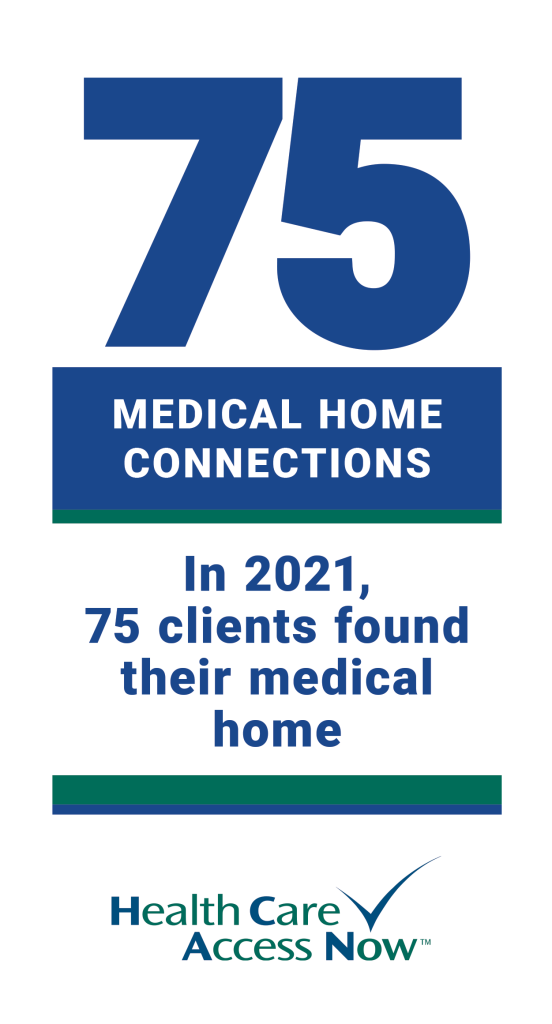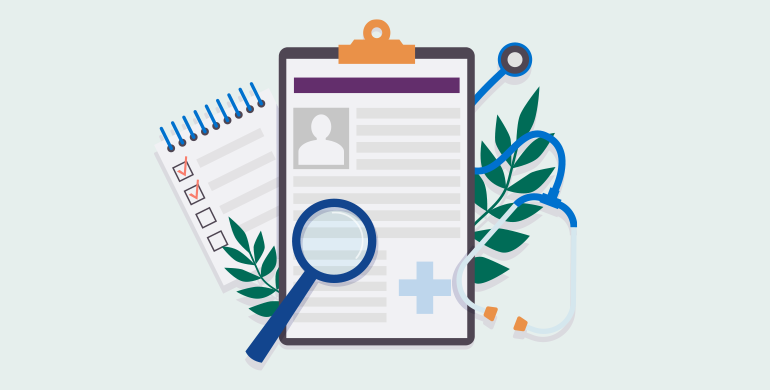Medical home good for everyone: preventative care is better than emergency care

When a person has a “medical home,” it means they have relationships with providers for all their health needs. They can see those providers for regular tests and preventative care, as well as when they’re experiencing health issues.
Having a medical home isn’t just about establishing primary care, but also dental and vision care, OB-GYN visits, and any specialists that may be needed for chronic health problems.
What happens when someone doesn’t have a medical home?
Often, those without medical homes turn to emergency care for routine issues, which usually results in patients seeing doctors who do not know their medical history. Patients using the emergency room as primary care also puts stress on an already overloaded hospital system and drives healthcare costs higher.
It’s likely that every time a patient visits the emergency room, they will see a different doctor who is not aware of their complete health history. Because the doctor is working with less information and has less time to spend with patients, both the experience and the outcome could wind up being very different than if the patient were set up in a medical home.
Why might patients seek care at the emergency room for non-urgent situations?
There are many factors that can push people to use the emergency room rather than seeking out a medical home for their non-urgent needs. Some of those include scheduling difficulty and payment flexibility.
If someone has a job from which it is difficult to take time off, is paid hourly, or is responsible for childcare (as examples), it can be tough to make a doctor’s appointment in the middle of weekday. Similarly, if someone doesn’t have ready cash for a co-payment, it can make more sense to go to the emergency room, which allows patients to use payment plans.
Advantages for patients and the system alike
When patients have medical homes, they know who to contact if something does happen. A tooth ache doesn’t have to turn into agony and then an emergency root canal or extraction, for example.
When people have medical homes, they can develop relationships with their practitioners, which can result in health issues—big and small—being recognized earlier. It also allows patients to stay up to date with annual and periodic health check-ups, tests, and vaccines. And it puts patients in a better position to advocate for themselves because their comfort level is higher.
Health Care Access Now uses its Community Health Workers to help clients establish medical homes. They have found that having a medical home makes it more likely that pregnant mothers follow through on necessary appointments and after care. Those who suffer from chronic disease are also more likely to stabilize their conditions when they have consistent contact with medical practitioners.
Those kinds of improved health outcomes make for a healthier, better community.
Sign up today! —> To be connected with a Community Health Worker complete the online application form.







